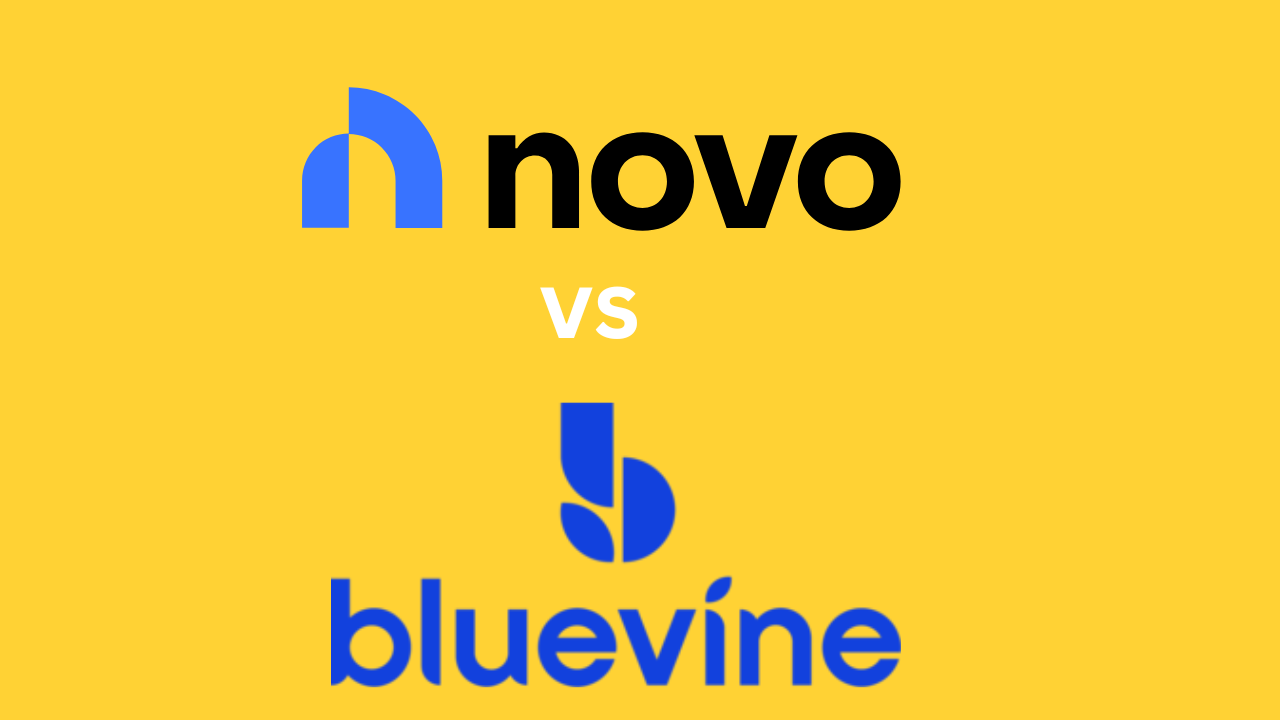Language:
FAQs About LLCs That People Ask Lawyers
We're not legal experts here at doola, but we are good people :) We've compiled the top questions about LLC's from LegalZoom all on one page.

People often have lots of questions about legal issues about their LLC. Instead of sending you to a different website, we’ve compiled the top FAQ from LegalZoom so you can answer your questions as you’re applying on doola.com!
What Is an LLC and How Does It Work?
A limited liability company is a type of business entity that is authorized by state law. A relatively recent creation, the LLC was designed to have some of the benefits of a corporation, but with less formality.
One of the main benefits of both a corporation and an LLC is that all of the owners have limited personal liability for the debts of the business. The owner’s personal assets (home, car, personal bank accounts, etc.) generally are not subject to attachment to pay business debts, including for lawsuits against the business. This limitation of liability is not available to sole proprietors or general partners in a partnership.
How to Add a DBA to an LLC
Request a DBA form from the Clerk and complete it with your chosen DBA name, your LLC official name, your name and address, and your business address. Sign and date your form before submitting it (along with the required fee to file your DBA) to the proper registry office. The DBA is active and fully valid for multiple year spans (four to five years) before you will have to renew or refile (depending upon the state).
A DBA and LLC is an easy option that lets you open new doors for your business. If you’re a sole proprietor, then getting a DBA can help you keep business and personal expenses separate during tax season. If you think you could use one, don’t hesitate to file for a DBA.
How to Pay Yourself in an LLC
To be able to pay yourself wages or a salary from your single-member LLC or other LLC, you must be actively working in the business. Employee wages are considered operating expenses for the LLC and will be deducted from the LLC’s profits. The Internal Revenue Service (IRS) only allows reasonable wages as a deduction, so be sure any salary you pay yourself is within industry norms. You’ll need to file IRS Form W-4 to determine the amount of payroll withholding from each paycheck you receive.
After Incorporating or Forming an LLC – Critical Next Steps
- Get Documents and Records in Order
- Get an Employer Identification Number
- Open a Business Bank Account
- Register Your Business With Your State and Obtain a Seller’s Permit, If Needed
- Visit an Accountant
ALL CONTENT HERE IS FROM LEGALZOOM.COM WE ARE NOT LEGAL PROFESSIONALS, THE WRITERS AT LEGALZOOM ARE
Keep reading
Start your dream business and keep it 100% compliant
Turn your dream idea into your dream business.















